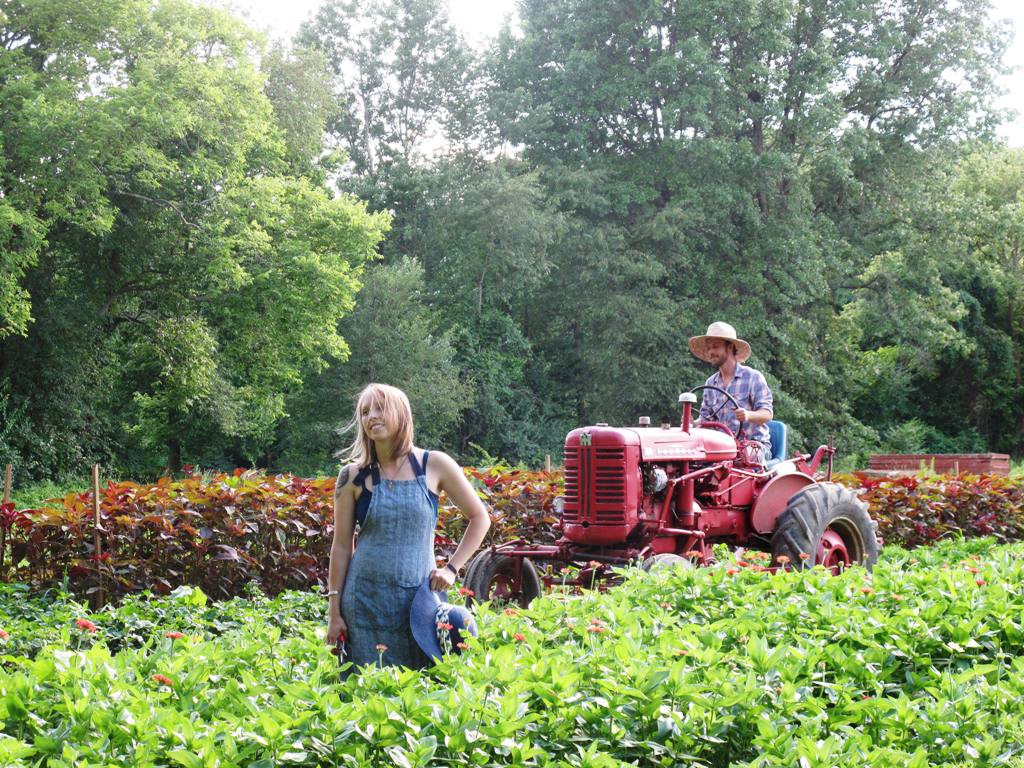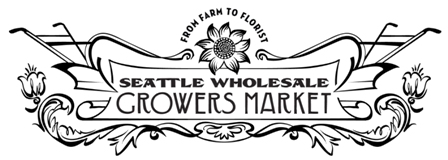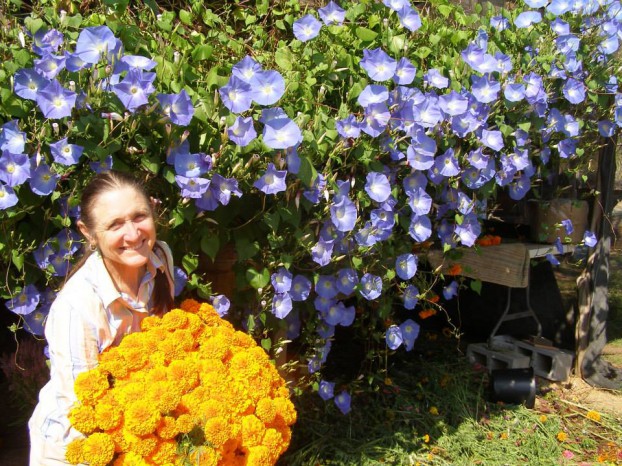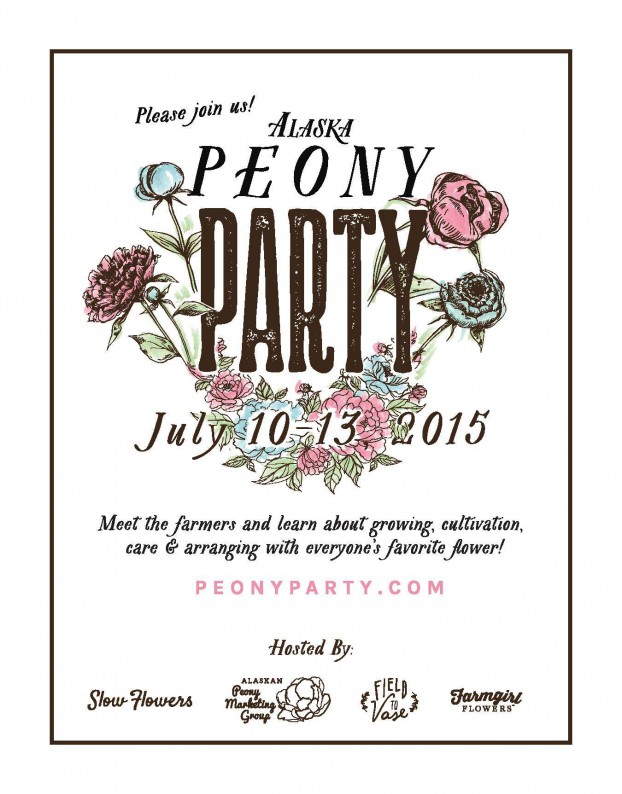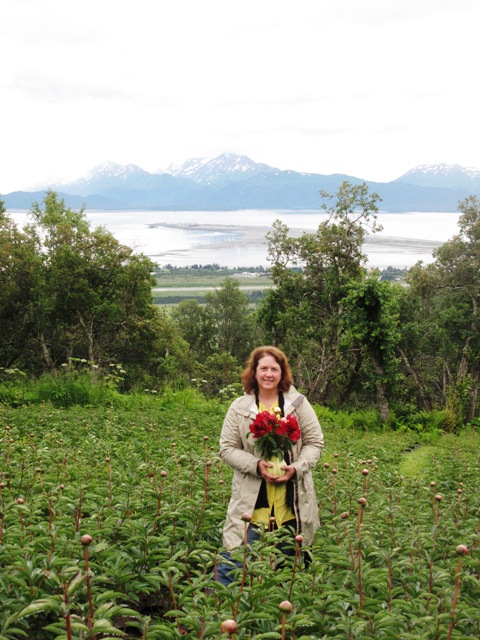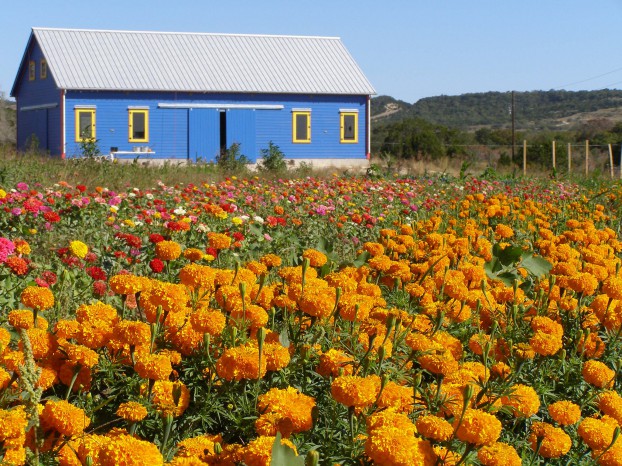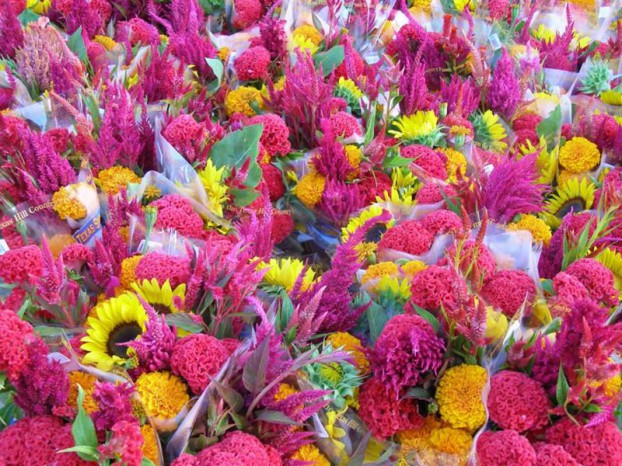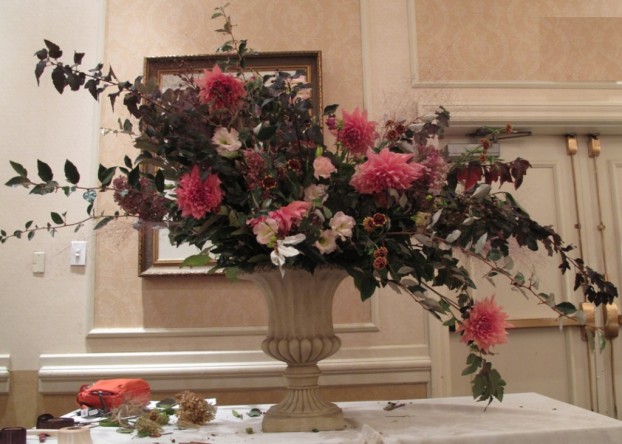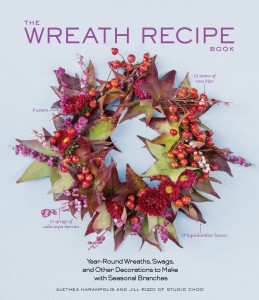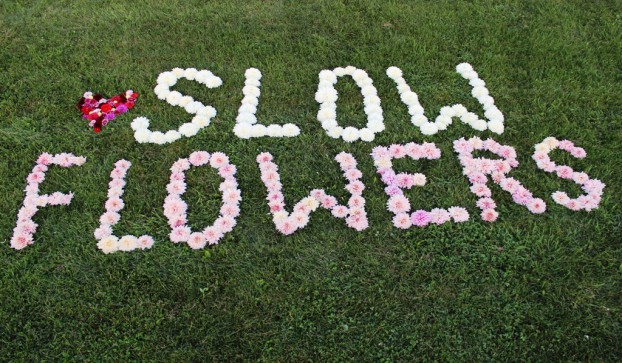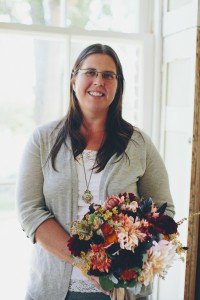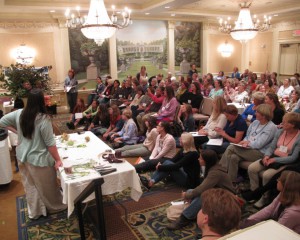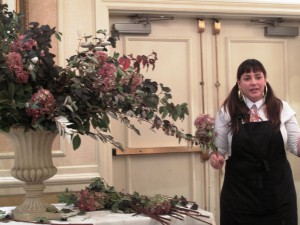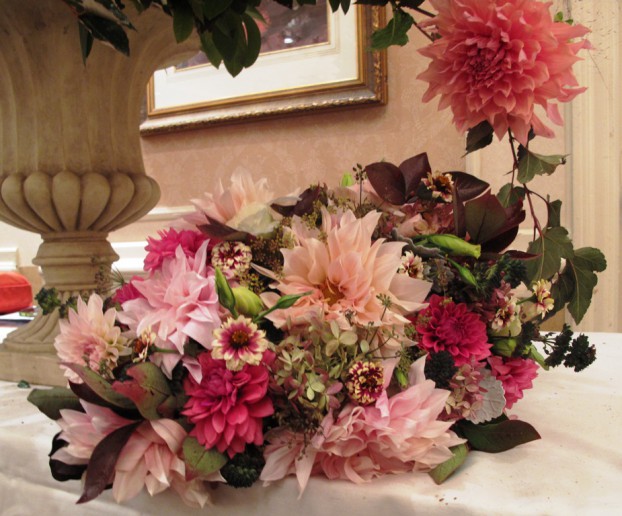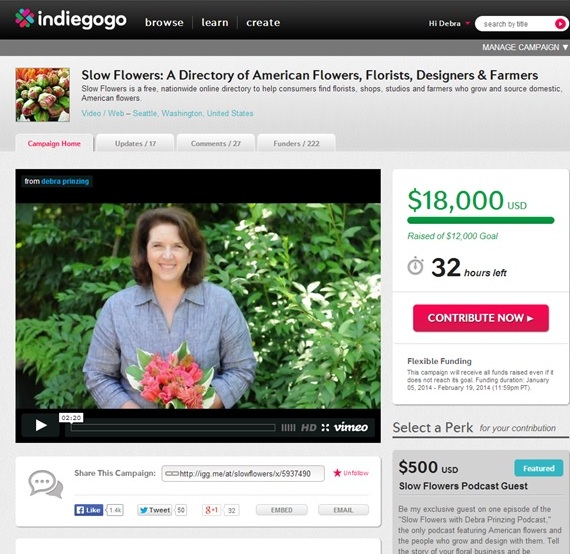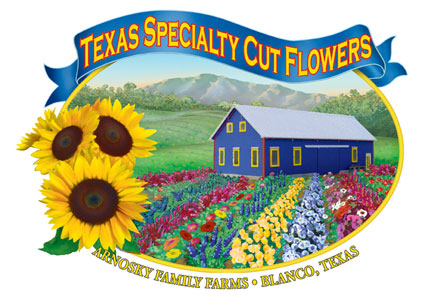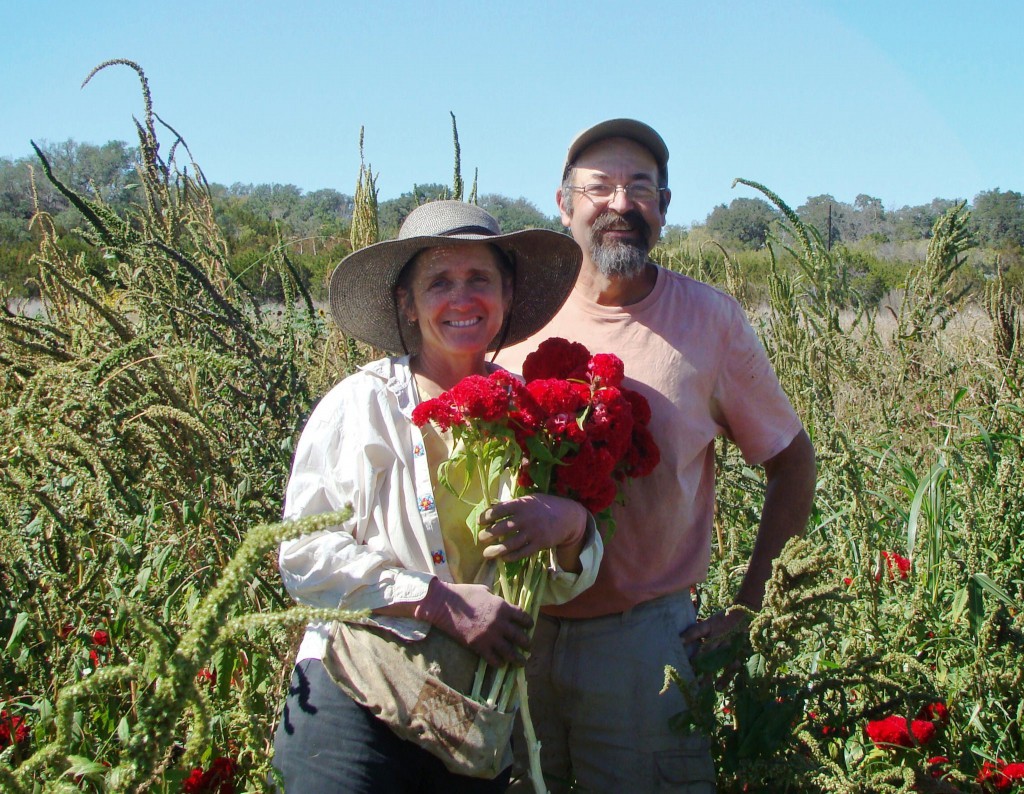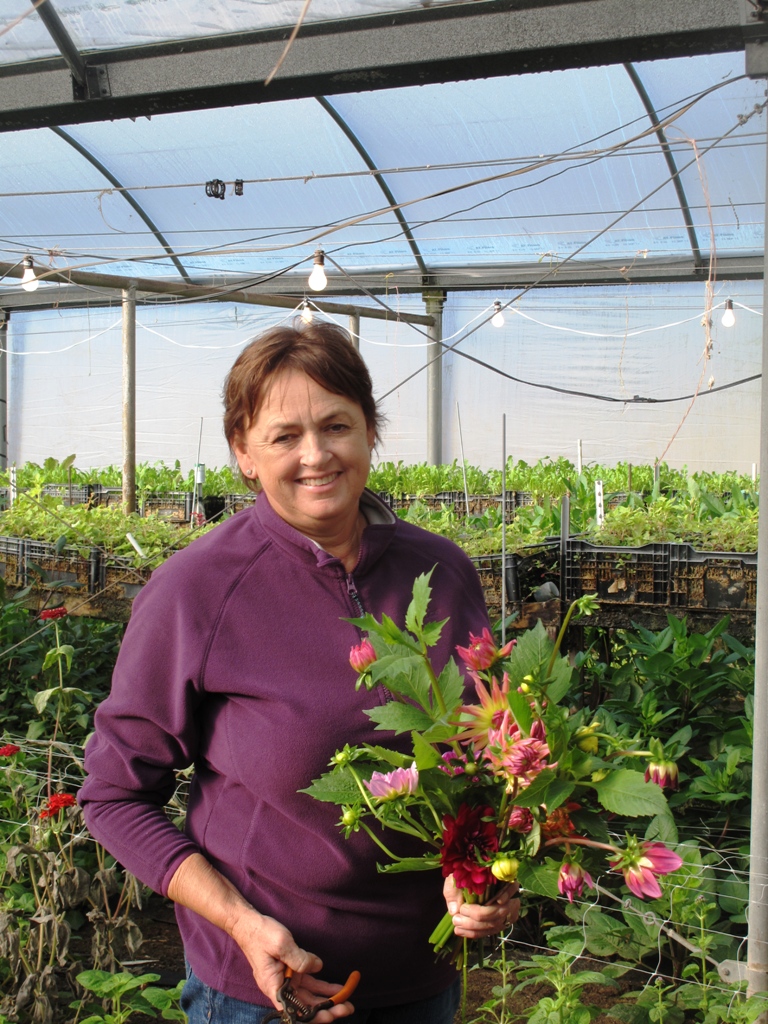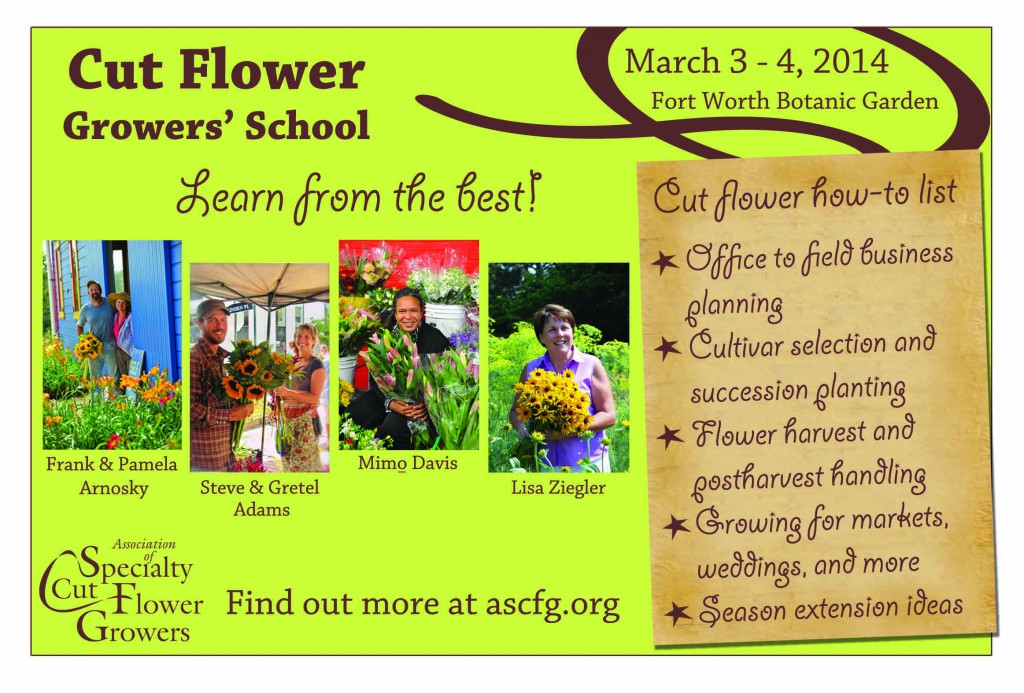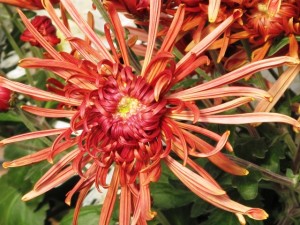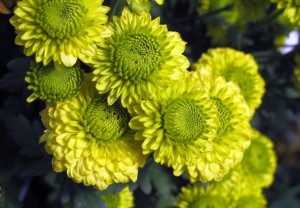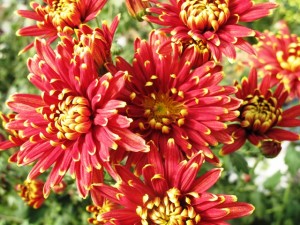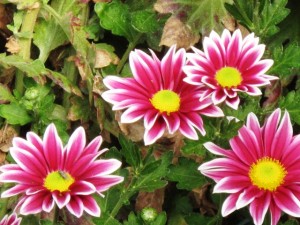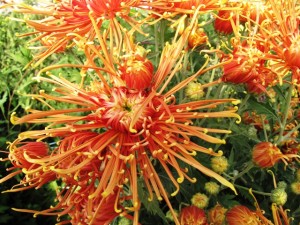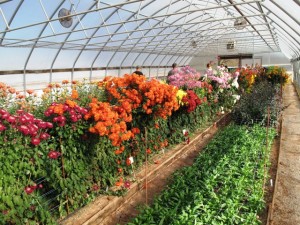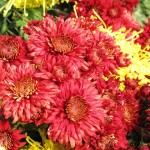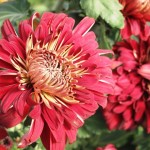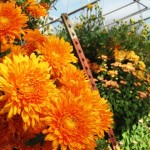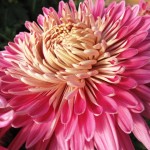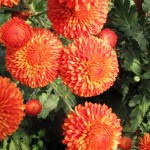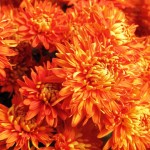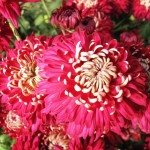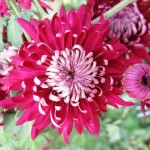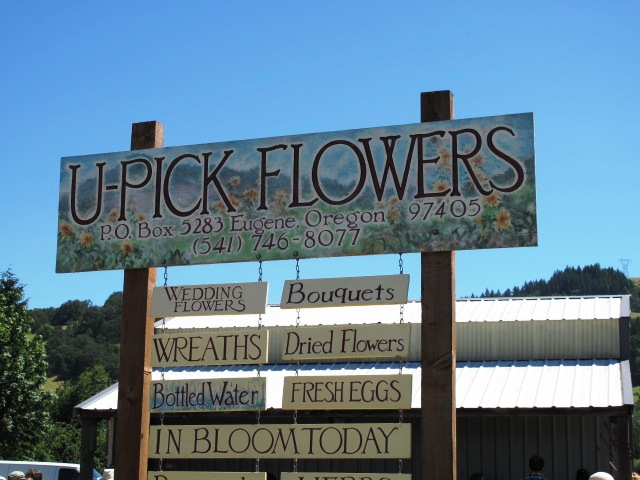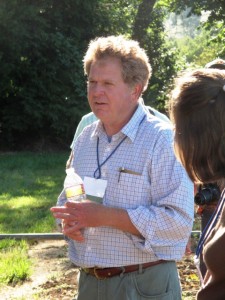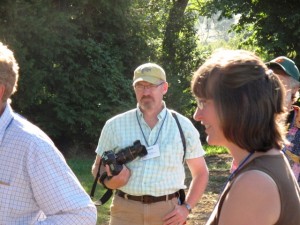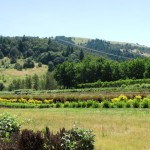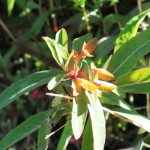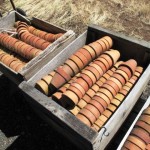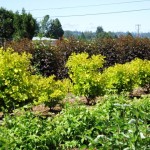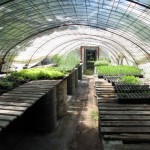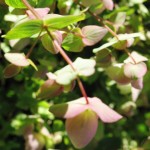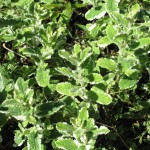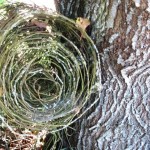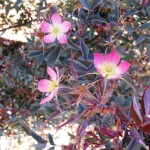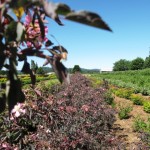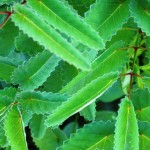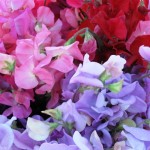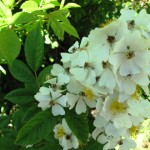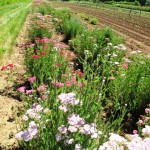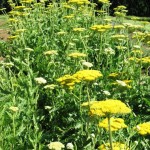Podcast: Play in new window | Download
Subscribe: Apple Podcasts | Podcast Index | RSS | More
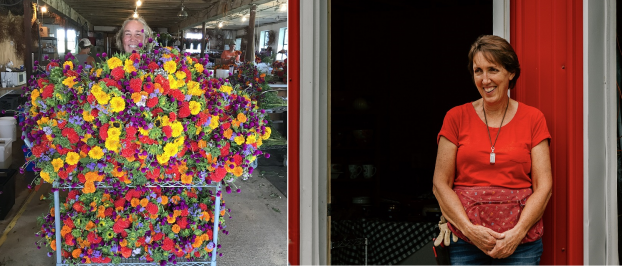
Today, we return to a series I began earlier this year, featuring the regional directors of the Association of Specialty Cut Flower Growers. You’ll hear from Michelle Elston of Roots Cut Flower Farm in Carlisle, Pennsylvania and Jamie Rohda of Harvest Home Flowers in Waverly, Nebraska.
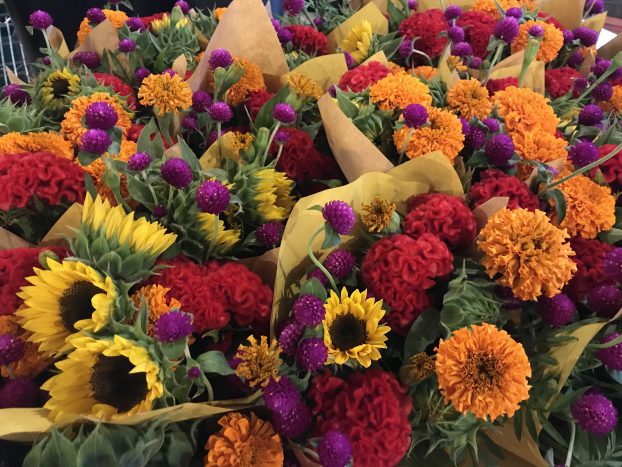
Between them, these two flower farmers represent a significant percentage of ASCFG’s membership! Jamie’s region is North & Central U.S., representing Iowa, Illinois, Indiana, Kansas, Michigan, Minnesota, Missouri, Montana, Nebraska, North and South Dakota, Ohio, Wisconsin and Wyoming – whew!
Michelle is ASCFG’s newly appointed Mid-Atlantic regional director, representing flower farmers in Delaware, Maryland, New Jersey, Pennsylvania, Virginia, and West Virginia.
I invited both women to share about what’s happening with flower farming in their regions, and to give us a snapshot of their respective flower farming ventures. As it turns out, they each have cultivated a successful, but different niche, so you’ll learn from Michelle about selling to mass market grocery and you’ll learn from Jamie about serving as a wholesale supplier to floral designers.
Here’s a bit more about each of these guests:
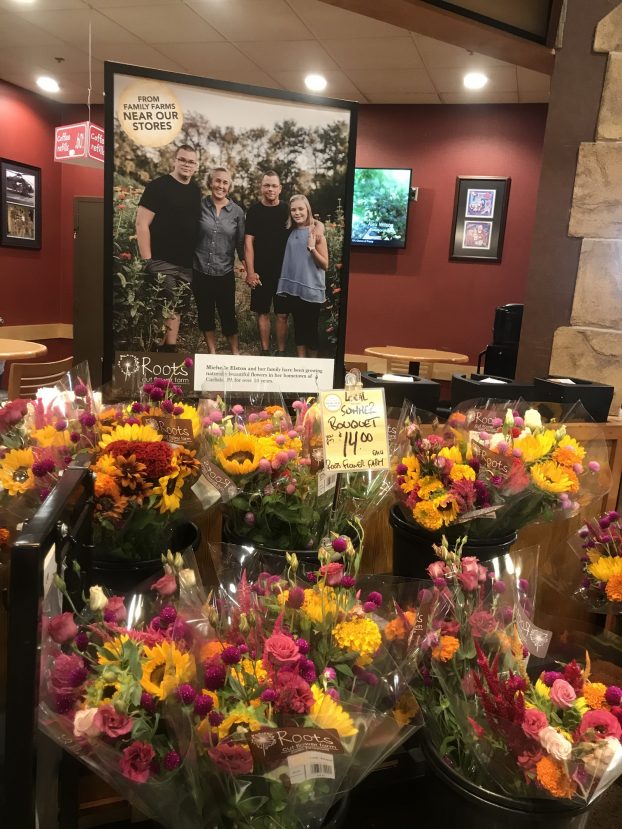
Michelle Elston is founder and owner of Roots Cut Flower Farm. She has loved plants and flowers for as long as she can remember. After studying plant science in college, she and her husband, Mike, moved to Massachusetts. There, they bought a garden center and stayed for 9 years. But after the birth of their first child, they realized that the best place to raise their kids was close to family roots.
So, they sold the garden center and moved back to Michelle’s hometown of Carlisle, Pennsylvania. Time and space soon opened up for her to pursue her dream of farming. What started as a small garden has evolved into a 10-acre farm that produces enough flowers for more than 20,000 supermarket bouquets and 100 weddings/events annually. Now, 13 years later, she realizes she never imagined her seed of an idea would turn into such a thriving small business.
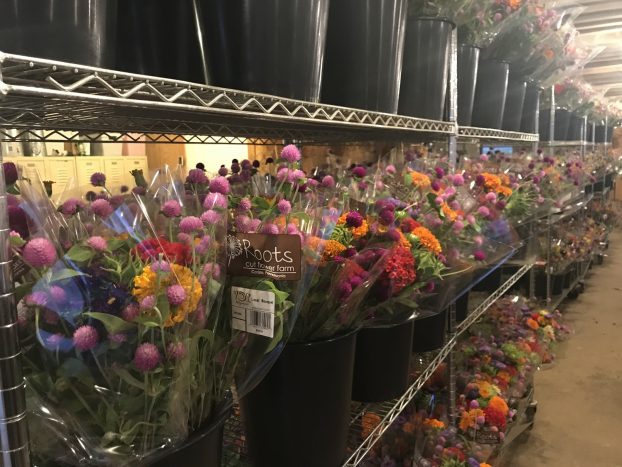
Even with such growth, Michelle’s flower philosophy has remained a simple one: to celebrate the natural beauty of every season in South Central Pennsylvania. Flowers are grown sustainably and selected based on their ability to thrive in the region. All of Roots’ bouquets and arrangements are created using only what is grown on the farm. Rather than trendy, the results are timeless designs that are fresh, lush and unique.
Here’s more about Jamie:
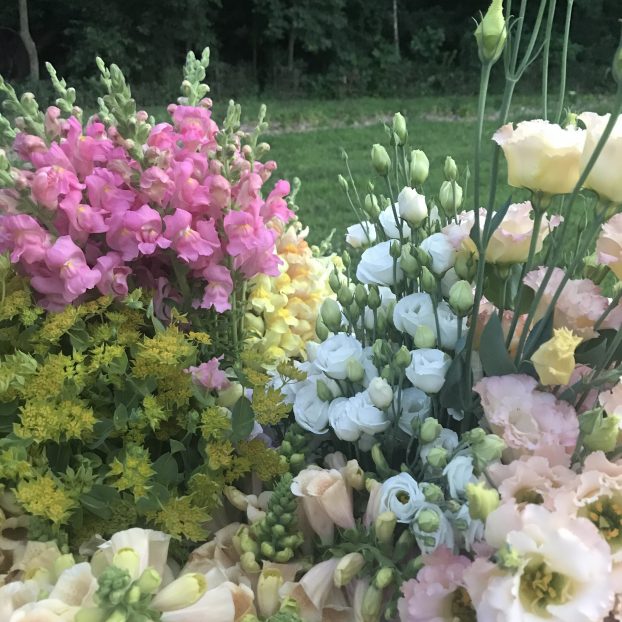
Harvest Home Flowers is a small, family owned flower farm located between Lincoln and Omaha Nebraska. Jamie and her husband Norman have farmed since 1994 and today their family-owned flower farm produces a wide variety of naturally grown, specialty cut flowers for local florists, designers and DIY brides.
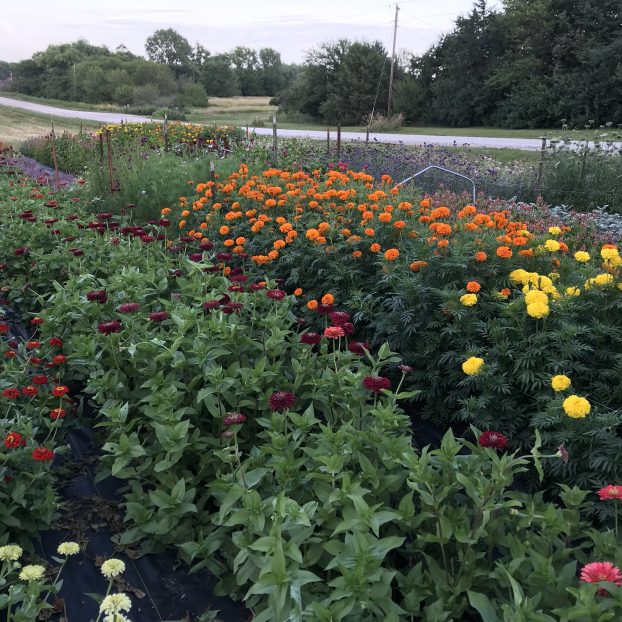
Find and follow Jamie and Michelle at these social places:
Harvest Home Flowers on Facebook
Harvest Home Flowers on Instagram
Roots Cut Flower Farm on Facebook
Roots Cut Flower Farm on Instagram
Thank you so much for joining today’s episode with Jamie Rohda of Harvest Home Flowers and Michelle Elston of Roots Cut Flowers. The conversation filled me with gratitude for our beautiful and diverse Slow Flowers community of flower farmers and floral designers who come together to bring joy and inspiration to the marketplace of flower lovers.
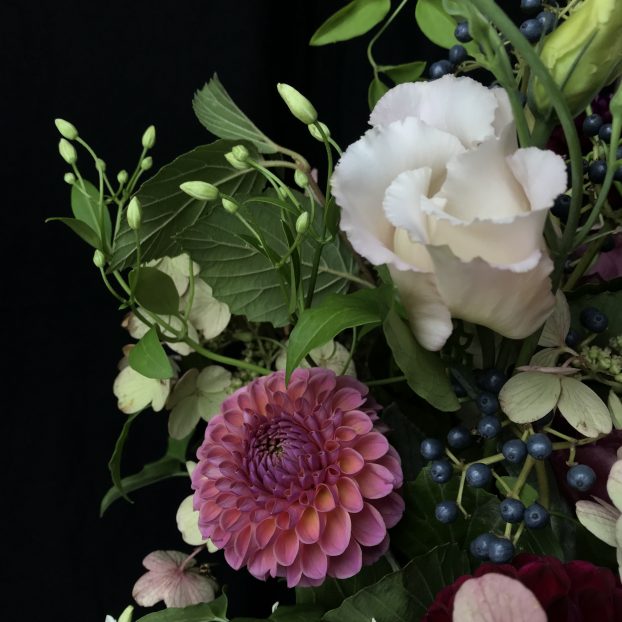
I’m so glad that Jamie and Michelle helped us catch up with two ASCFG regions across the country. By the way, you can hear my earlier interviews at the links below:
Val Schirmer of Three Toads Farm, ASCFG’s Southeast regional director based in Kentucky
Erin McMullen of Rain Drop Farm, ASCFG’s Northwest and West regional director based in Oregon
and Janis Harris of Harris Flower Farm, ASCFG’s Canadian director based in St. Thomas, Ontario
We have to chase down a few more directors, and given the insanity of this COVID-distracted year, you’ll probably hear those interviews in early 2021!

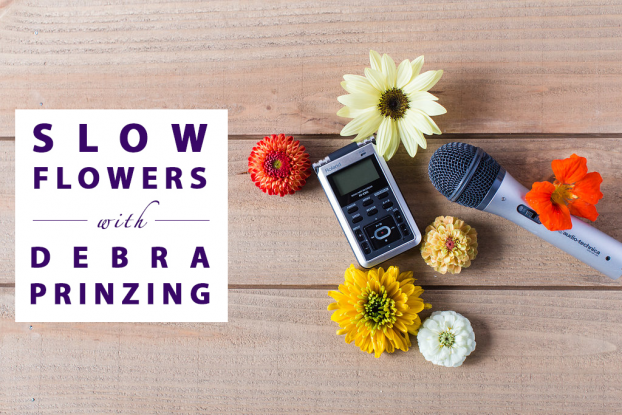
The Slow Flowers Podcast has been downloaded more than 659,000 times by listeners like you. Thank you for listening, commenting and sharing – it means so much.
As our movement gains more supporters and more passionate participants who believe in the importance of the American cut flower industry, the momentum is contagious. I know you feel it, too. I value your support and invite you to show your thanks and with a donation to support my ongoing advocacy, education and outreach activities. You can find the donate button in the column to the right.
Thank you to our Sponsors
This podcast is brought to you by Slowflowers.com, the free, nationwide online directory to florists, shops, and studios who design with American-grown flowers and to the farms that grow those blooms. It’s the conscious choice for buying and sending flowers.
Rooted Farmers works exclusively with local growers to put the highest-quality specialty cut flowers in floral customers’ hands. When you partner with Rooted Farmers, you are investing in your community, and you can expect a commitment to excellence in return. Learn more at RootedFarmers.com.
Johnny’s Selected Seeds, an employee-owned company that provides our industry the best flower, herb and vegetable seeds — supplied to farms large and small and even backyard cutting gardens like mine. Find the full catalog of flower seeds and bulbs at johnnysseeds.com.
Syndicate Sales, an American manufacturer of vases and accessories for the professional florist. Look for the American Flag Icon to find Syndicate’s USA-made products and join the Syndicate Stars loyalty program at syndicatesales.com.
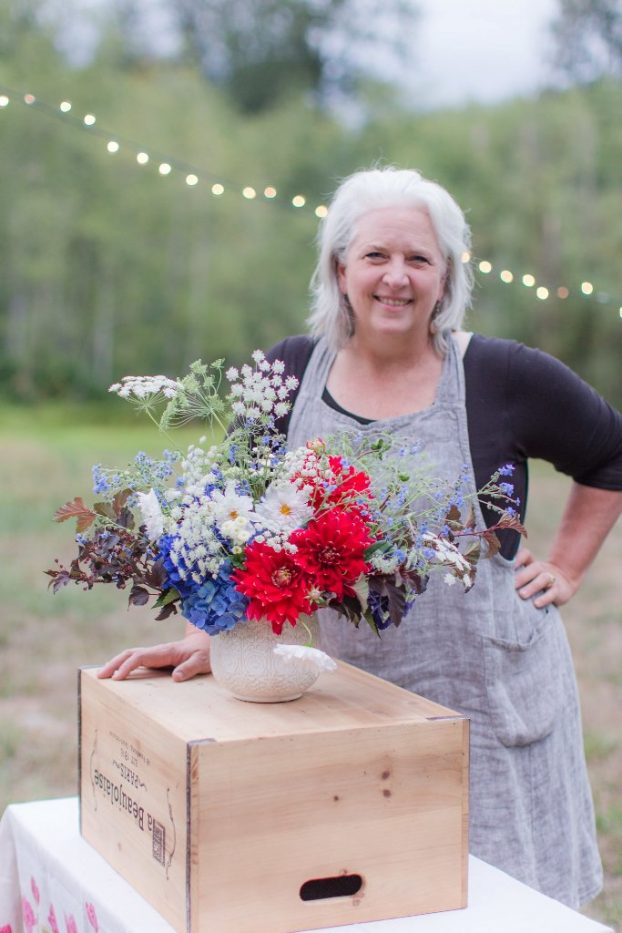
I’m Debra Prinzing, host and producer of the Slow Flowers Podcast. Next week, you’re invited to join me in putting more American grown flowers on the table, one vase at a time. And If you like what you hear, please consider logging onto iTunes and posting a listener review.
The content and opinions expressed here are either mine alone or those of my guests alone, independent of any podcast sponsor or other person, company or organization.
The Slow Flowers Podcast is engineered and edited by Andrew Brenlan. Learn more about his work at soundbodymovement.com.
Music Credits:
Silk and Silver; Gaena
by Blue Dot Sessions
http://www.sessions.blue
Lovely by Tryad http://tryad.bandcamp.com/album/instrumentals
http://creativecommons.org/licenses/by-sa/3.0/
In The Field
audionautix.com









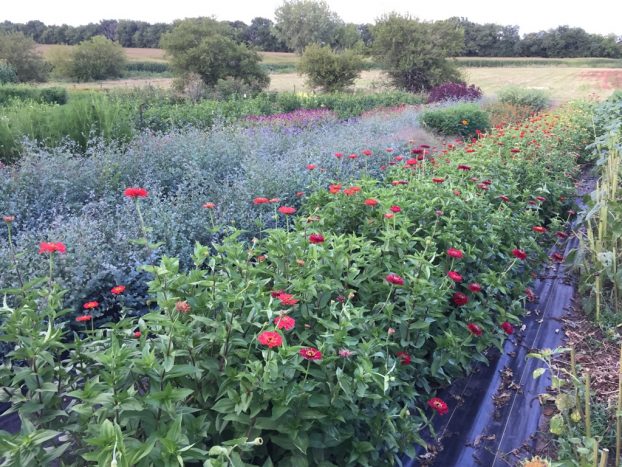
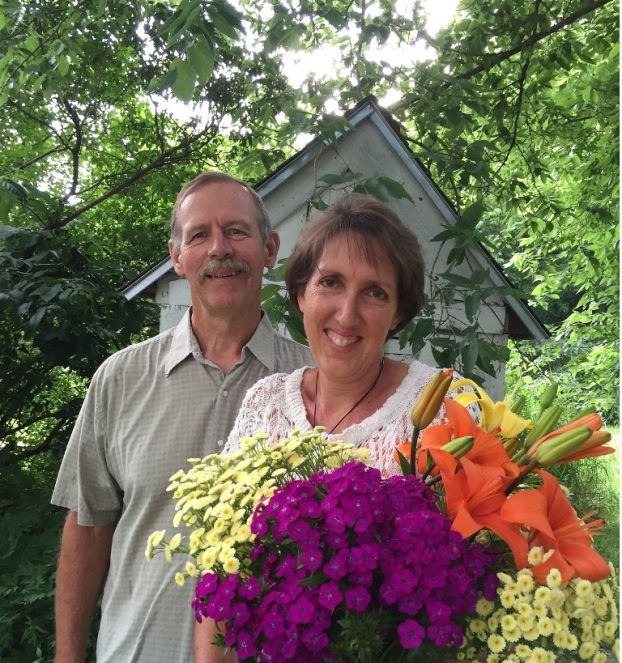
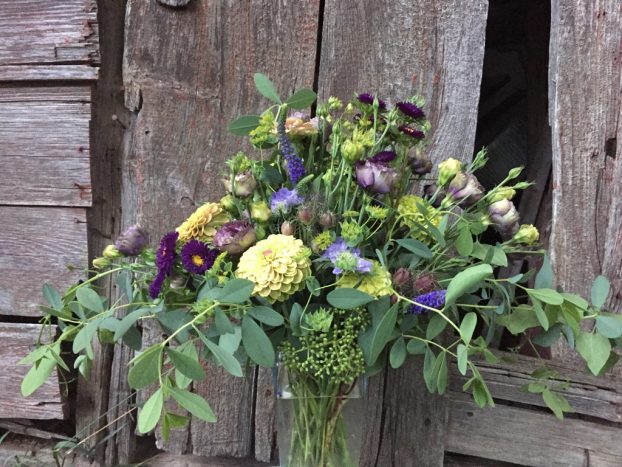
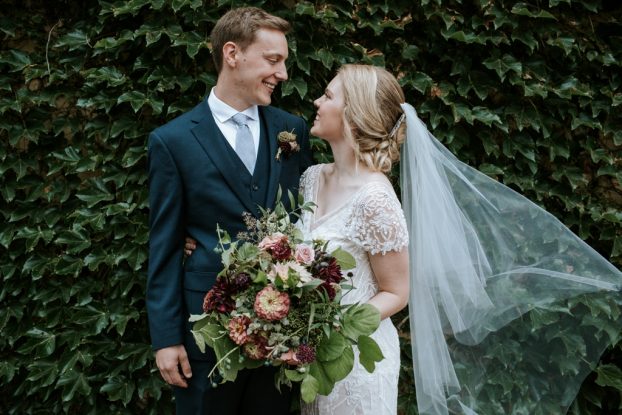

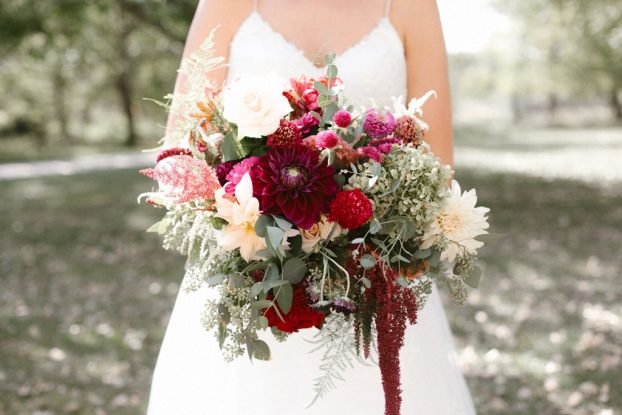
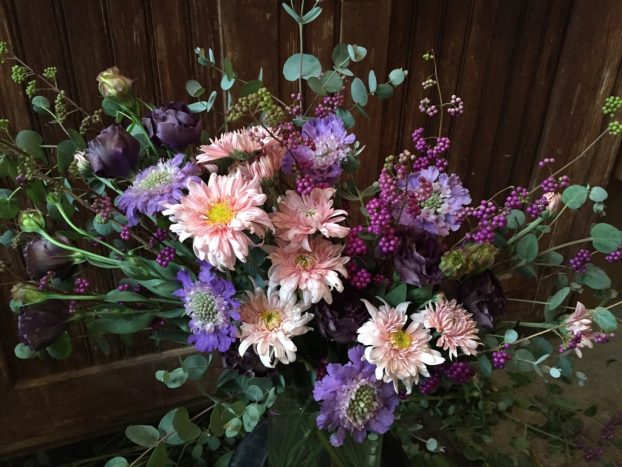
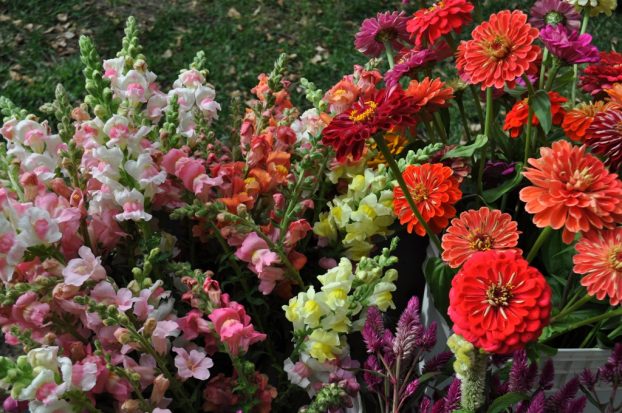

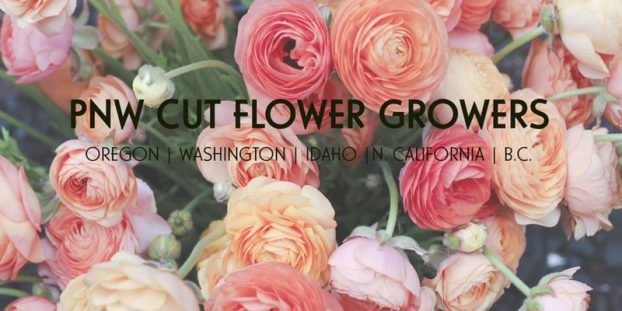

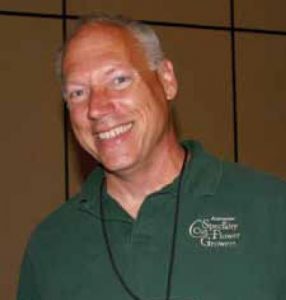
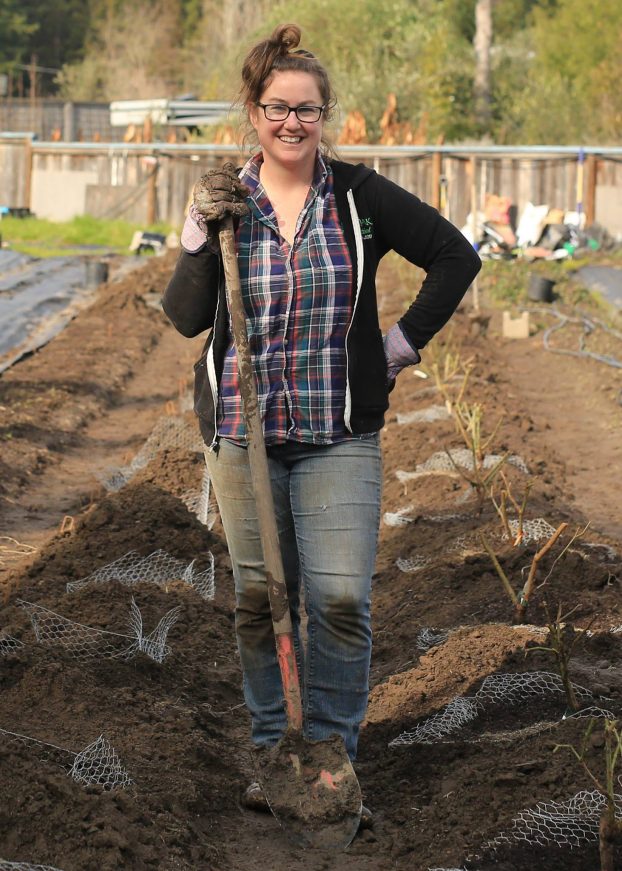
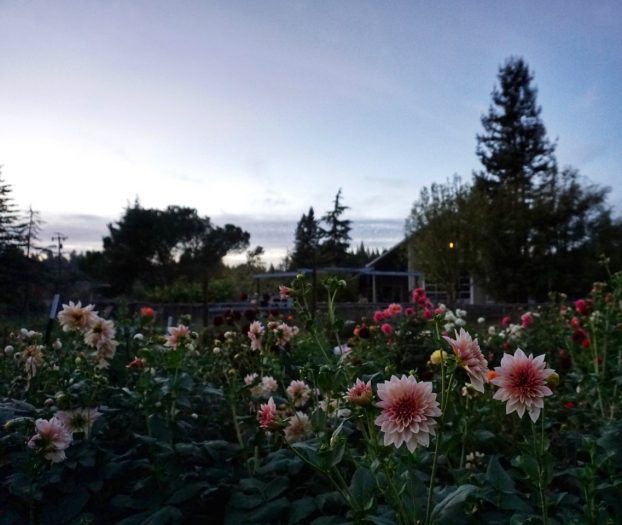
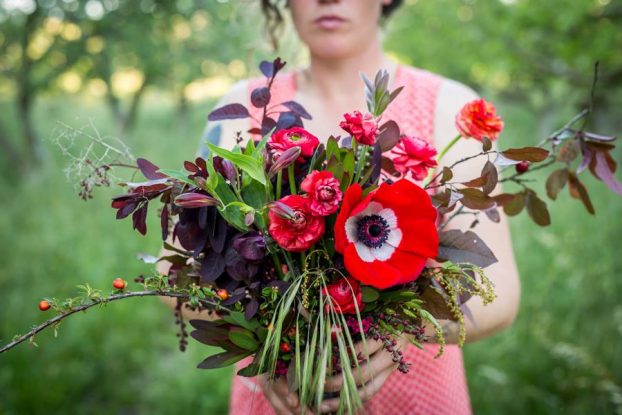
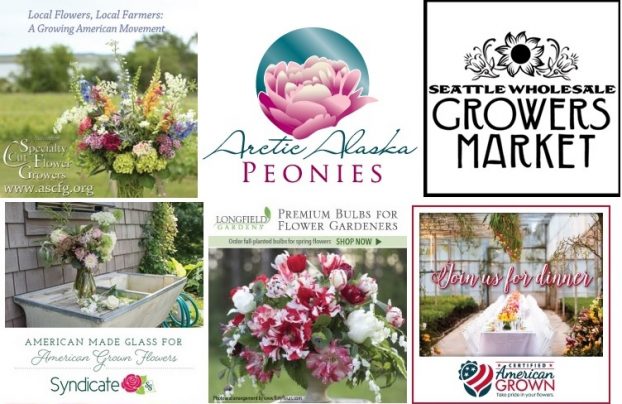

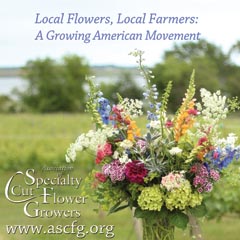
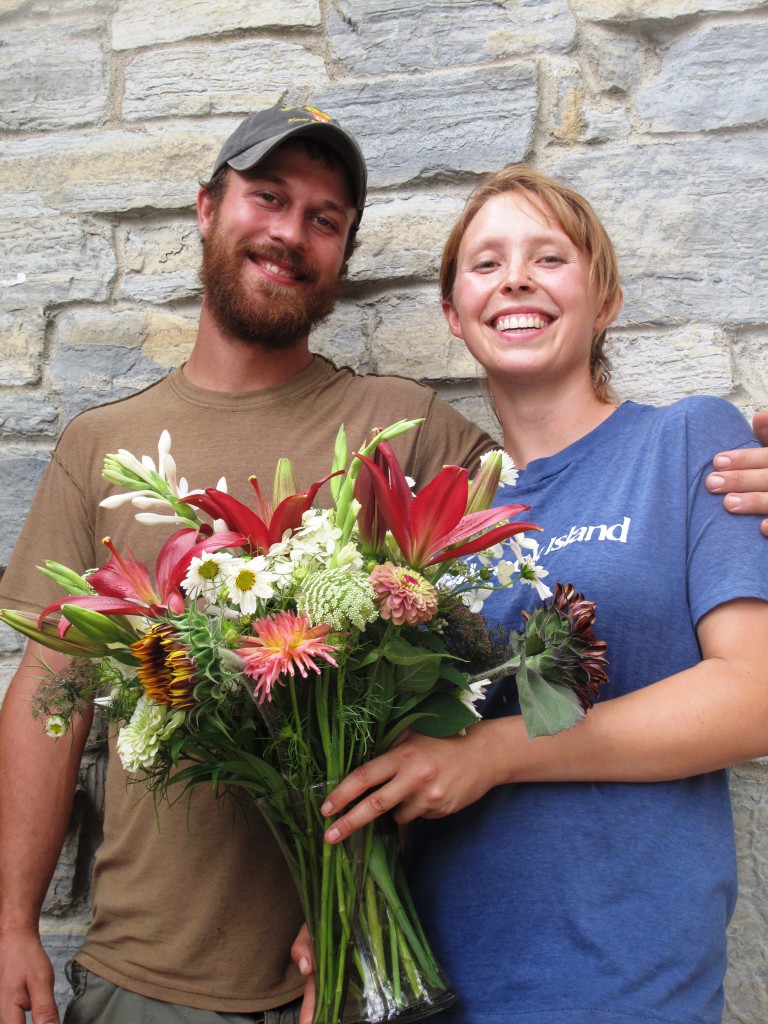 To kick off this partnership, I’ve invited two past guests of this podcast to return and share a preview of the upcoming ASCFG conference. Gretel and Steve Adams are owners of
To kick off this partnership, I’ve invited two past guests of this podcast to return and share a preview of the upcoming ASCFG conference. Gretel and Steve Adams are owners of 